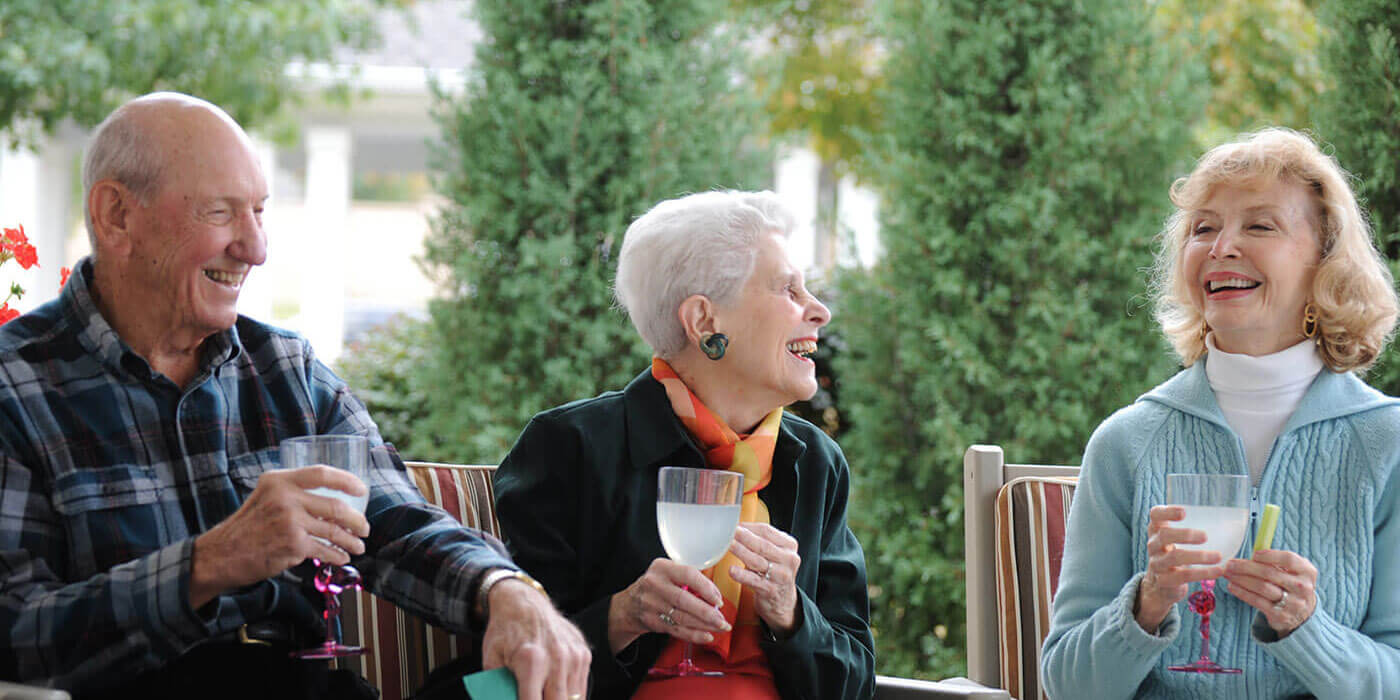By Lupina Fry, Wellness Nurse
The weather is beginning to change, and the days will be getting shorter, bringing falling leaves, cooler temperatures and seasonal changes most of us look forward to. While most people enjoy the Fall season with its promise of pumpkins, family gatherings, and activities, people with dementia tend to struggle with these changes.
Turning back the clock for Daylight Savings Time is a difficult adjustment for most of us. For people living with dementia, decreased sunlight goes hand in hand with noticing more shadows, less clarity, and increased confusion and agitation, a condition known as sundowning. This behavior becomes
more prevalent in the late afternoon and evening hours. It’s common and occasionally very disruptive to a household. Symptoms can include sleep disturbances, increased agitation and irritability, depression, confusion, increased paranoia, increased pacing, and wandering.
It will be important when assisting a person living with dementia to maintain a stable routine if possible. Spending time outside can also improve their mood, as can moderate exercise. Sunlight helps to increase Vitamin D and helps to regulate melatonin levels leading to better sleep. A short walk or a few minutes of sitting outside can boost Vitamin D levels and make for a more restful night.
It also helps to turn lights on a few hours before nightfall and use warm light sources instead of cool light which can cast harsh shadows. Dementia often affects vision, and those harsh shadows can be very confusing. It is important to keep a calm environment and a stable routine, so they know that when certain activities occur, it’s getting close to bedtime. As a care provider, it is important to ask for help if
you need it. If you’re unsure what to do, reach out for help from a family member for support, a dementia organization for information, or a home care agency to give you a respite. With support, it may be easier to deal with this difficult but often temporary condition.
Preparing for Seasonal Changes in a Dementia Friendly Community

